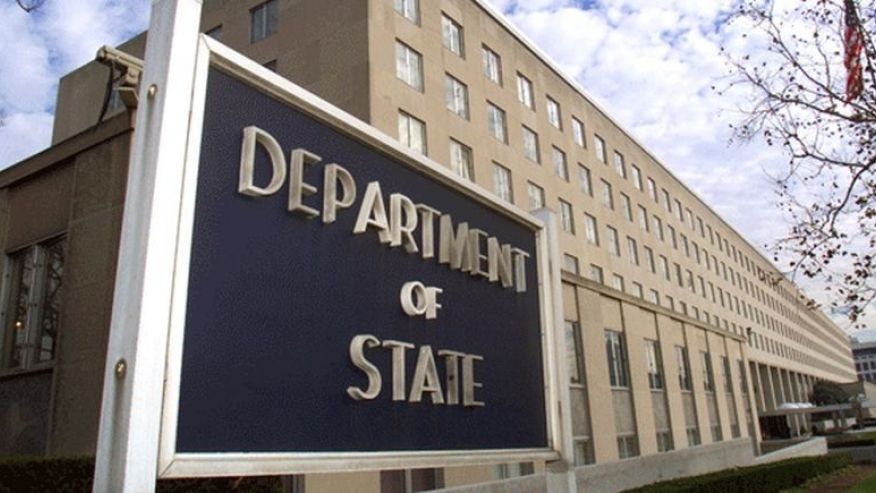The US State Department has merged its Hong Kong travel advisory with that for mainland China, warning Americans to reconsider visits to both places because of the fear of arbitrary arrest.
The advisory issued Thursday is now at level three, the second highest.

The department, reiterating its warning of September, said that since the imposition of the National Security Law on June 30, China “unilaterally and arbitrarily exercises police and security power” in Hong Kong and targets a broad range of activities.
It noted that the law covers offences committed outside of Hong Kong, which “could subject US citizens who have been publicly critical of the PRC (People’s Republic of China) to a heightened risk of arrest, detention, expulsion, or prosecution.”
The advisory said taking part in a demonstration or any other activity deemed to breach the security law could result in criminal charges.
It said a Chinese propaganda campaign had falsely accused individuals, including Americans, of fomenting unrest in Hong Kong and in some cases had published their personal information, resulting in threats of violence on social media.

In mainland China, it said, the government “arbitrarily enforces local laws, including by carrying out arbitrary and wrongful detentions and through the use of exit bans on US citizens and citizens of other countries without due process of law.”
US citizens travelling to or living in China, including Hong Kong, may be detained without access to US consular services or information about their alleged crime, it warned.
The US also warned that travellers with dual citizenships may be “subject to additional scrutiny and harassment” as China does not recognise dual nationality.
In September, the State Department had warned against travel to Hong Kong, citing the threat of arbitrary law enforcement following the enactment of the national security law.

The law bans subversion, secession, collusion with foreign forces and “terrorism” — broadly-defined to include interference with transport and other infrastructure.
The State Department also asked travellers to “exercise increased caution” when travelling to the city as the fourth wave of coronavirus in Hong Kong started in November.
Support HKFP | Policies & Ethics | Error/typo? | Contact Us | Newsletter | Transparency & Annual Report | Apps
Help safeguard press freedom & keep HKFP free for all readers by supporting our team
























